Berlin Wall Falling Unites a Divided World
Thirty-four years have passed since the Berlin Wall fell, marking a pivotal moment in the history of the world. On November 9, 1989, the wall that had separated East and West Berlin for 28 years crumbled, and with it, the Cold War’s iron grip on the global political landscape. The fall of the Berlin Wall was not just a significant event in Germany; it reverberated across the entire international community, reshaping geopolitics, diplomacy, and global cooperation. Here we will delve into the profound effects of this historic event on the global community, exploring the reasons behind its importance and potential solutions for the challenges it poses.

Table of Contents
The Berlin Wall As A Symbol of Division
The Berlin Wall was more than just a physical barrier; it was a symbol of ideological conflict. In the post-World War II era, it separated the Western-aligned democratic nations from the Eastern Bloc led by the Soviet Union. The wall stood as a stark reminder of the Cold War’s deep divisions, and its fall symbolized the end of that era. It marked a shift from the bipolar world of the United States and the Soviet Union to a more multipolar and interconnected global community.
The End of the Cold War
The collapse of the Berlin Wall was a pivotal moment in the end of the Cold War. It signaled the waning influence of the Soviet Union and the spread of democratic values and capitalism. The United States and its Western allies celebrated the victory of their ideals and the potential for greater international cooperation without the looming threat of nuclear annihilation.

Global Diplomacy and Cooperation
The fall of the Berlin Wall not only ended the ideological standoff but also led to a surge in diplomacy and international cooperation. It set the stage for the reunification of Germany, the expansion of the European Union, and a more integrated and cooperative Europe. The world witnessed the power of dialogue, negotiation, and diplomacy in resolving long-standing conflicts.
The fall of the wall also initiated a process of rapprochement between the East and the West. Germany’s reunification served as an example of how nations could bridge deep divisions and reunite peacefully. This has since inspired reconciliation efforts in other parts of the world, from the Korean Peninsula to the Middle East. The power of peaceful reunification and diplomacy became a lesson for the entire global community.
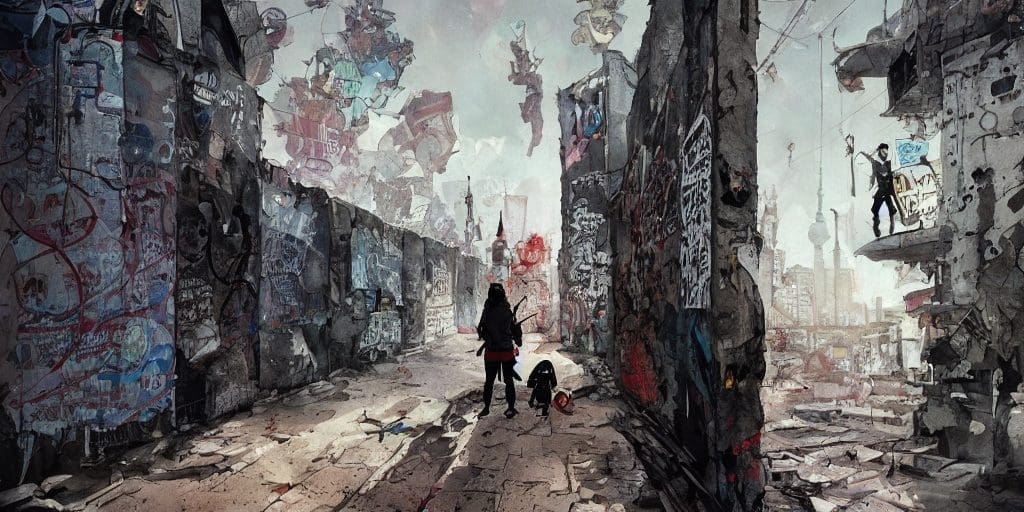
Economic Impact
The reunification of Germany had a significant economic impact on the global community. East Germany’s transformation from a socialist planned economy to a capitalist market economy was a case study in the complexities of economic integration. The influx of capital, technology, and expertise into the former East Germany not only boosted the German economy but also had ripple effects in the European and global markets. It demonstrated the potential for economic growth when barriers come down and markets open up.
The fall of the Berlin Wall was not just about one city or one country; it was about the end of the Iron Curtain that had divided Eastern and Western Europe. This opened doors to the integration of Central and Eastern European countries into Western institutions such as NATO and the European Union. It expanded the realm of liberal democracy and free markets, offering these nations a path toward political stability and economic prosperity.
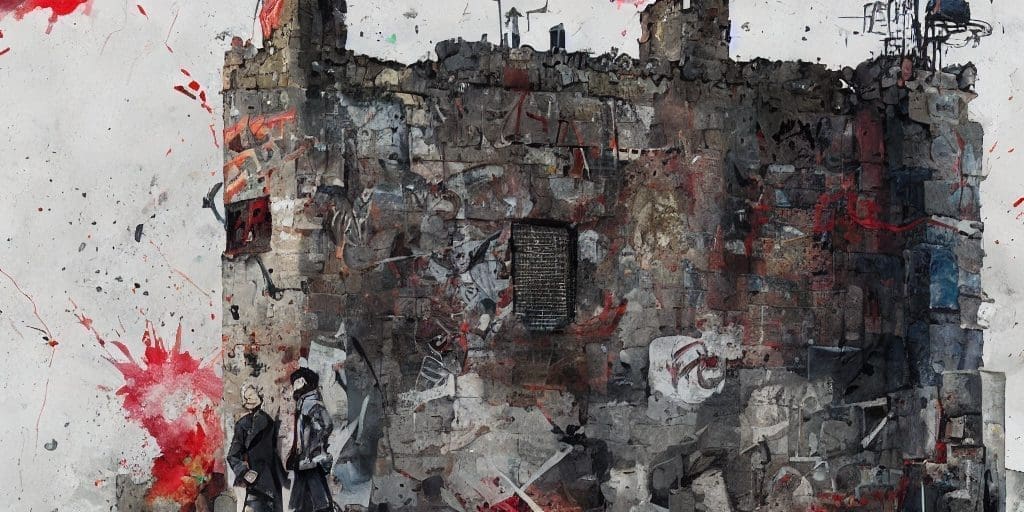
Challenges and Solutions
While the fall of the Berlin Wall brought about a myriad of positive changes, it also posed certain challenges to the global community. One such challenge is the resurgence of nationalism and authoritarianism in some parts of the world. The rise of populism and the rejection of globalization in recent years are concerning trends that threaten the values and principles that the fall of the wall symbolized.
To address these challenges, it is imperative for the global community to reaffirm its commitment to democratic values, human rights, and international cooperation. Nations should continue to engage in diplomacy and dialogue, striving to resolve conflicts peacefully, as demonstrated in the case of Germany’s reunification. Additionally, economic integration and global trade should be promoted as tools for prosperity and peace.
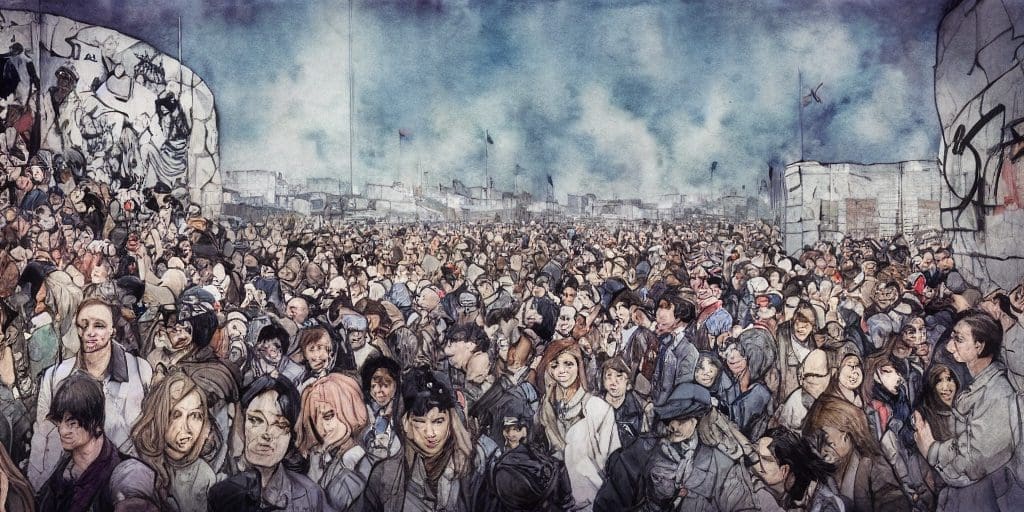
Drawing Inspiration
The fall of the Berlin Wall remains one of the most significant events in modern history, and its effects on the global community are far-reaching. Not only did it mark the end of the Cold War, it opened doors to diplomacy and international cooperation, inspired peaceful reunifications, and led to economic growth. However, the world must remain vigilant against the challenges that threaten the values and principles it represents.
The fall of the Berlin Wall serves as a constant reminder that walls and divisions can be torn down, that diplomacy can triumph over conflict, and that nations can come together for the common good. It is a testament to the power of hope, unity, and the belief in a better, more interconnected world. Now more than ever, the global community should continue to draw inspiration from this historic event as it strives to build a more peaceful, prosperous, and united world.
Browse Through 1000’s of Books in Our PromisesBooks Bookshop
Discover more from PEN vs SWORD
Subscribe to get the latest posts sent to your email.









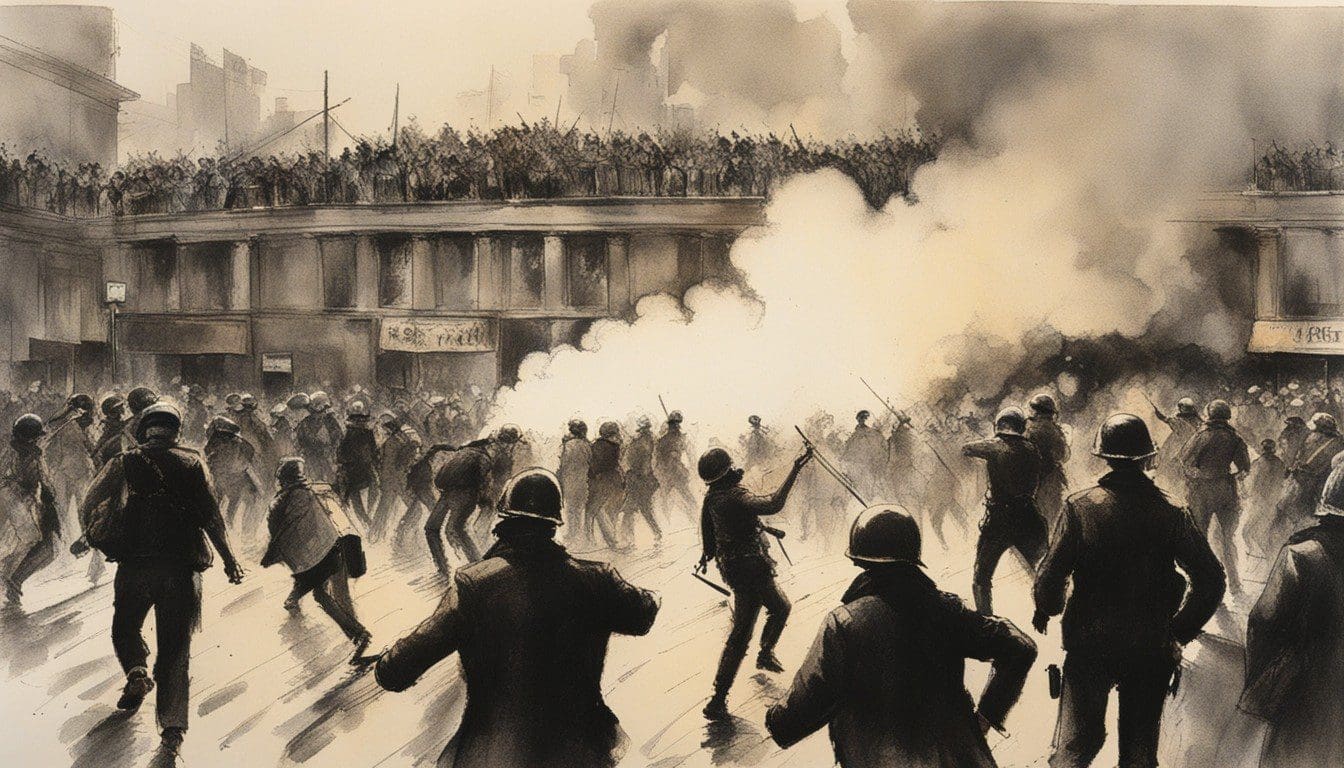



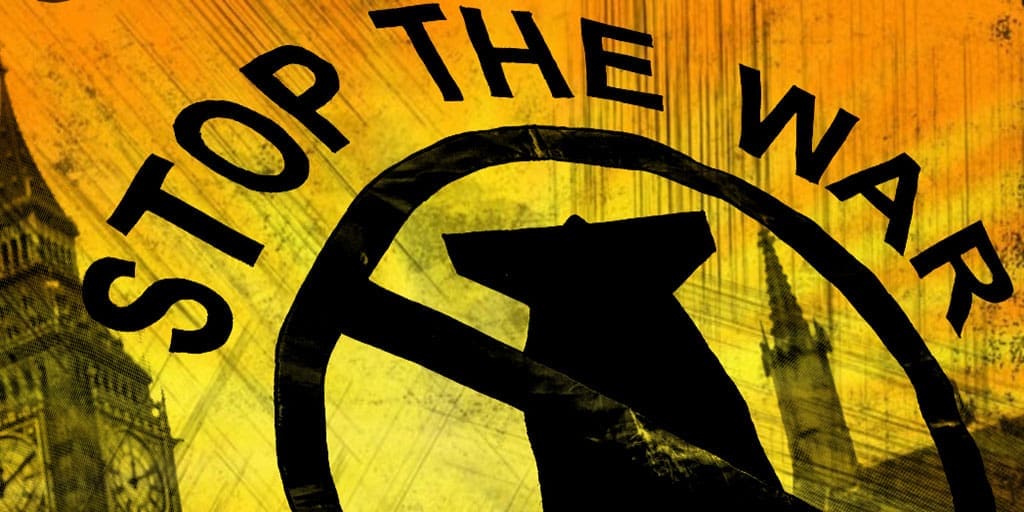
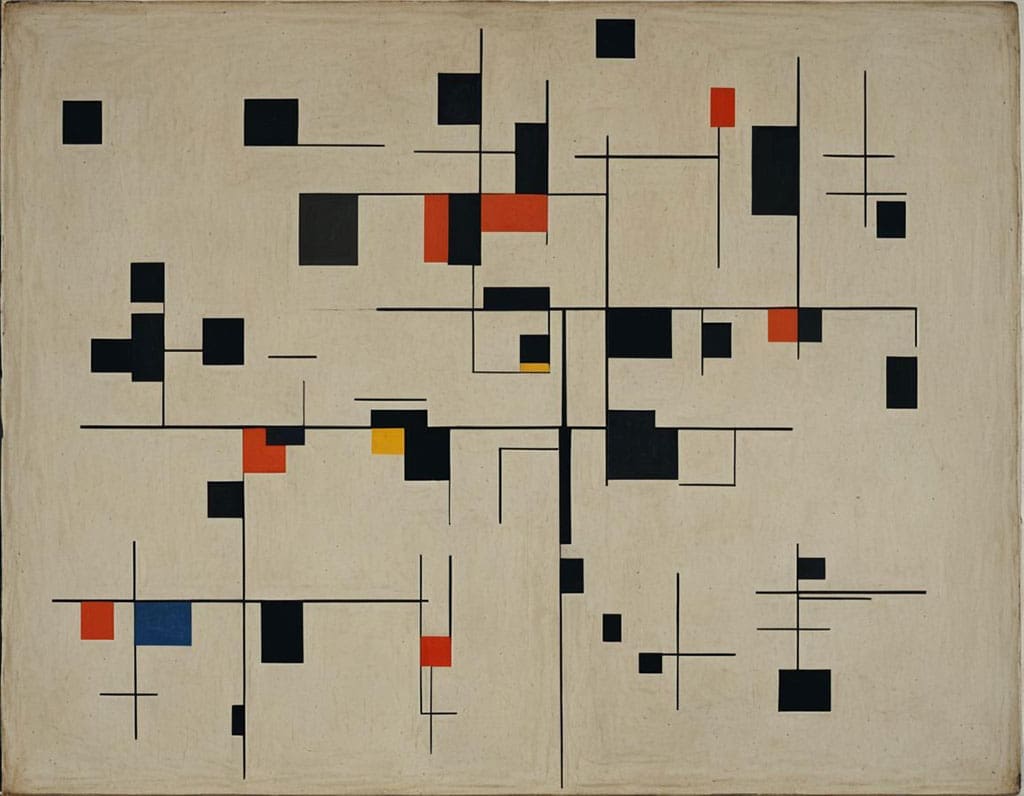
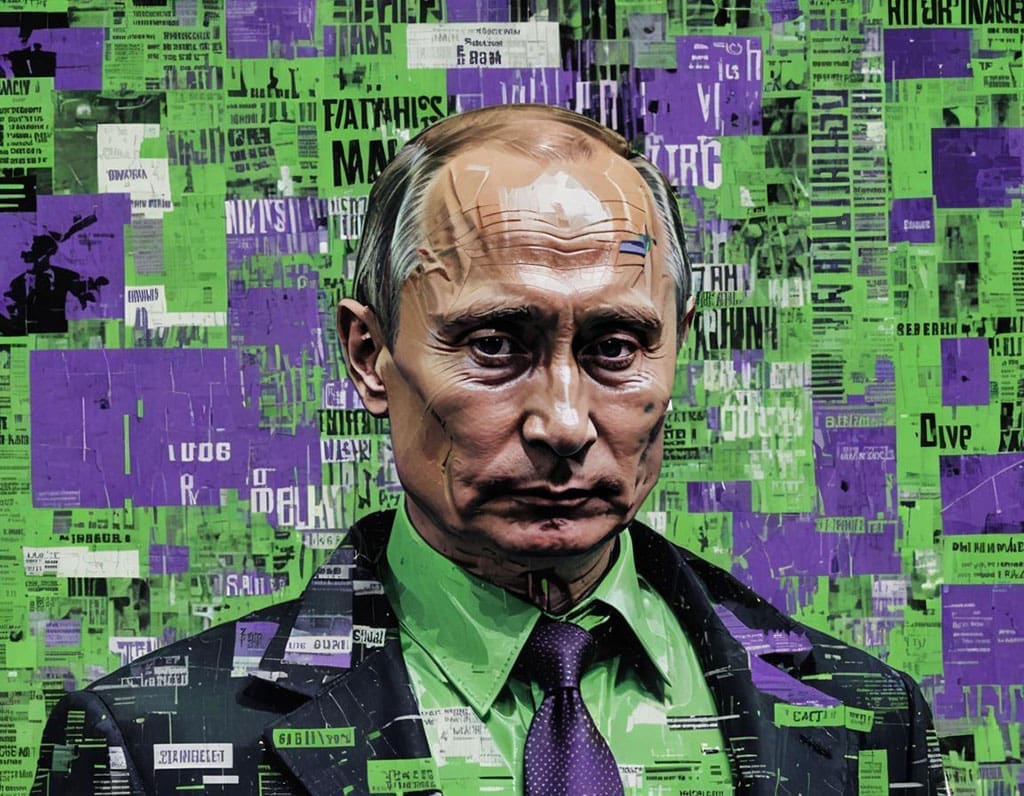
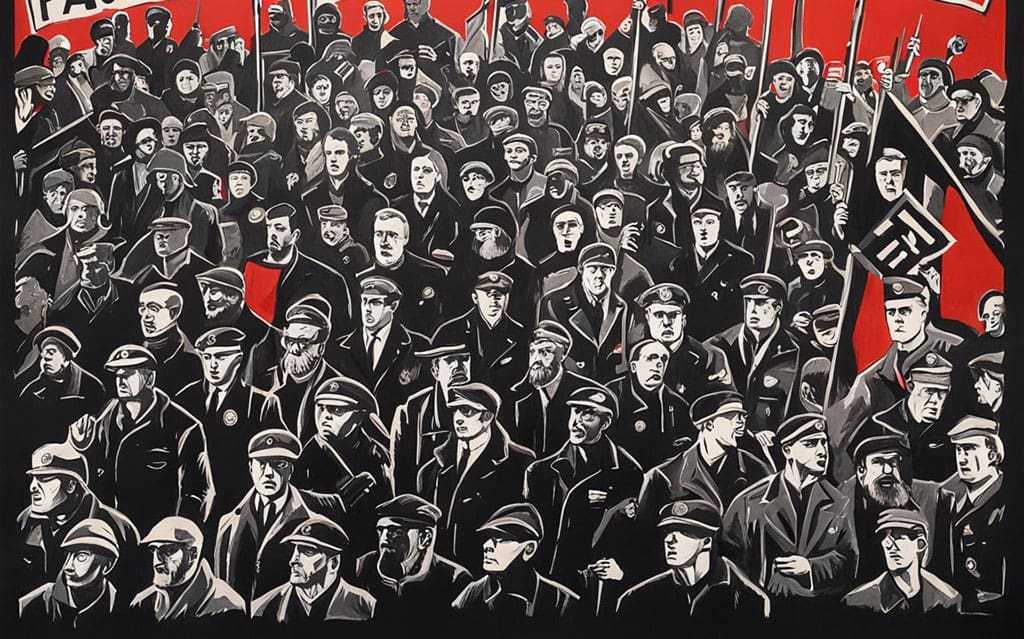































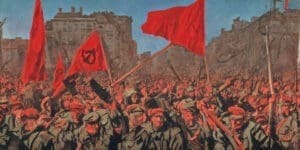
What do you think?